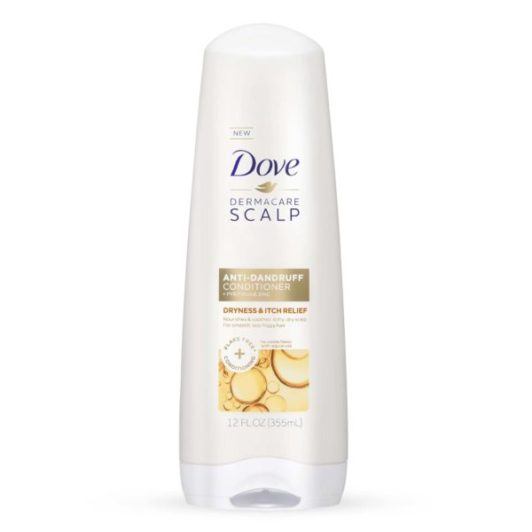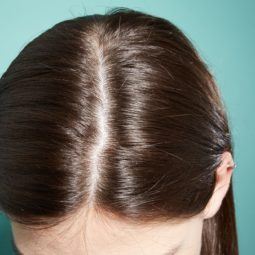
How to Beat Seasonal Dandruff: We Interview a Hair Expert
Stop dandruff flakes before they even start with our insider hair tips.
The turn of the season brings us a lot of good things indeed. But it can also bring allergies, weird skin conditions and even the occasional bout of seasonal dandruff. We handed over our queries to Unilever’s resident R&D expert, Leon van Gorkom, to get to the bottom of this phenomenon. Scroll down to find out if there’s something to be done about this common condition, or if it’s, as they say, something to just weather out:

Is there a way to avoid seasonal dandruff?
Well, the only way to avoid [any] dandruff is by using an anti-dandruff shampoo. It’s really unknown why certain people get dandruff, and why not everyone is prone. That’s just the way it works, really.
How do you know if you’re prone to flaking, especially in the winter/spring season?
Flakes are usually the end result of dandruff—they’re what make people really aware of dandruff because then other people can see it too. If you know that you’re susceptible to dandruff—or you know it comes and goes, and that you know every winter it comes back more intense than normal—your scalp starts itching, and that’s something you can perceive by yourself.
So if you’re susceptible to dandruff, your scalp is getting itchy, or you’re feeling some kind of irritation on your scalp, then start using an anti-dandruff shampoo so you avoid it from getting worse and from [turning into] flakes. There’s no reason to wait till you see flakes on your shoulders or on your coat before you start using a dandruff shampoo; it’s already starting to itch and it’s already starting to feel uncomfortable, so use an anti-dandruff shampoo right away.
Does seasonal dandruff really exist? Why do a lot of people complain about this condition in the colder months?
When we do clinical studies, we cannot evaluate how much you’re itching; it’s just something you see for yourself. We usually do studies during the winter months: It’s easier for a dermatologist to see dandruff and study the flakes when there’s a dry climate because if you sweat a lot, you don’t see the flakes. However [in this case] you might not have dandruff, but you probably get more irritation/more itch during the summer months too! [Dandruff] is very common. It comes and goes—it also doesn’t always stay in the same spot on your head—and it’s not something you can get rid of once and then it never comes back.
Anti-dandruff shampoo for seasonal dandruff it is! What’s the best way to use it?
Use it at least once or twice a week. Make sure to use it properly—you have to really rub it into the scalp. We know that dandruff is really a scalp issue, and not a hair issue; you see flakes on your hair, but those are really flakes that are coming from your scalp.
Ed’s note: We love the flake-fighting properties in Dove Dermacare Scalp Dryness and Itch Relief Anti-Dandruff Shampoo and Conditioner, a wash-and-care system that relieves an irritated scalp without sacrificing smoothness.


